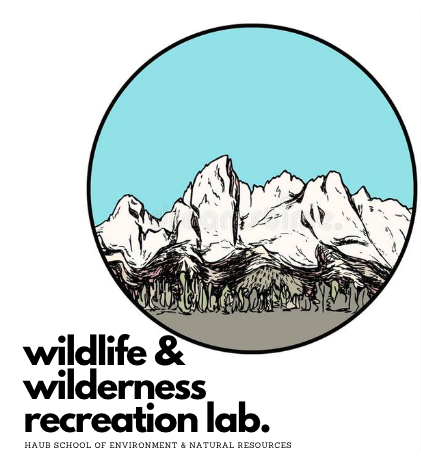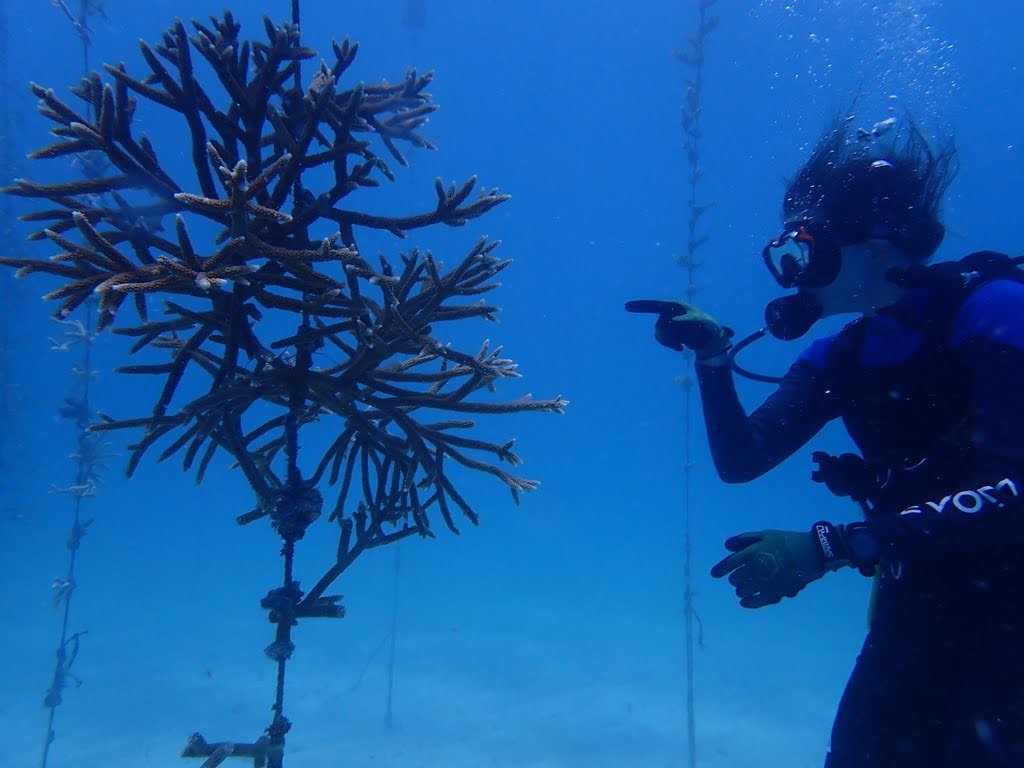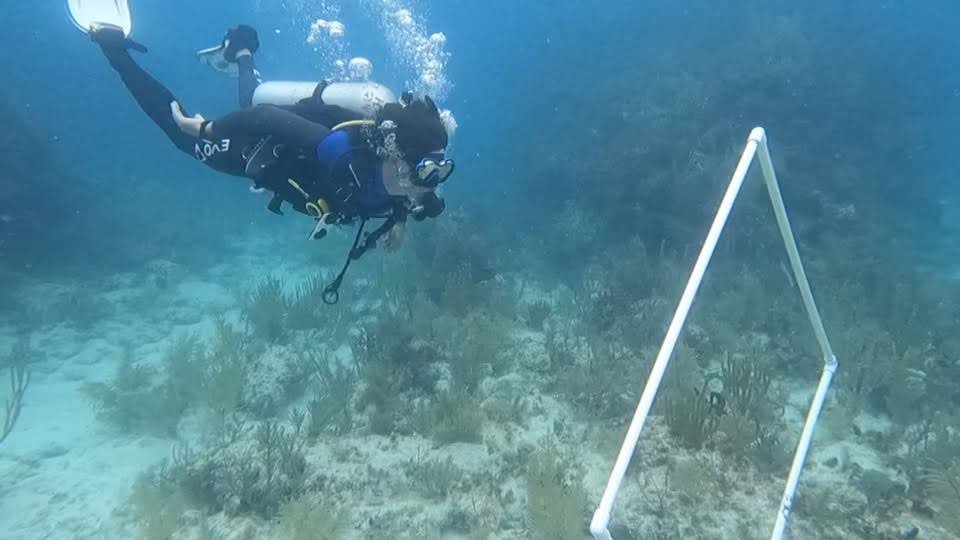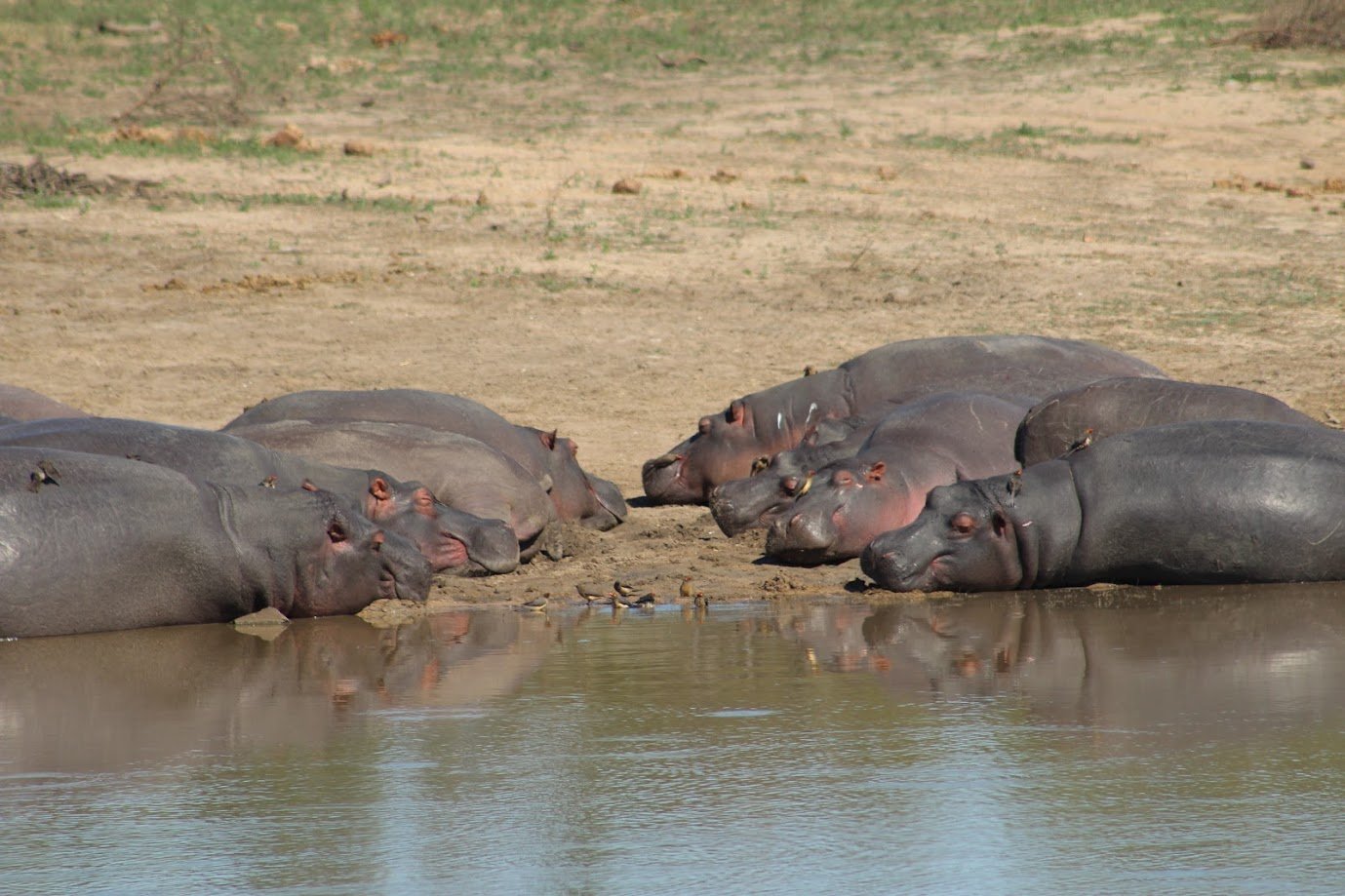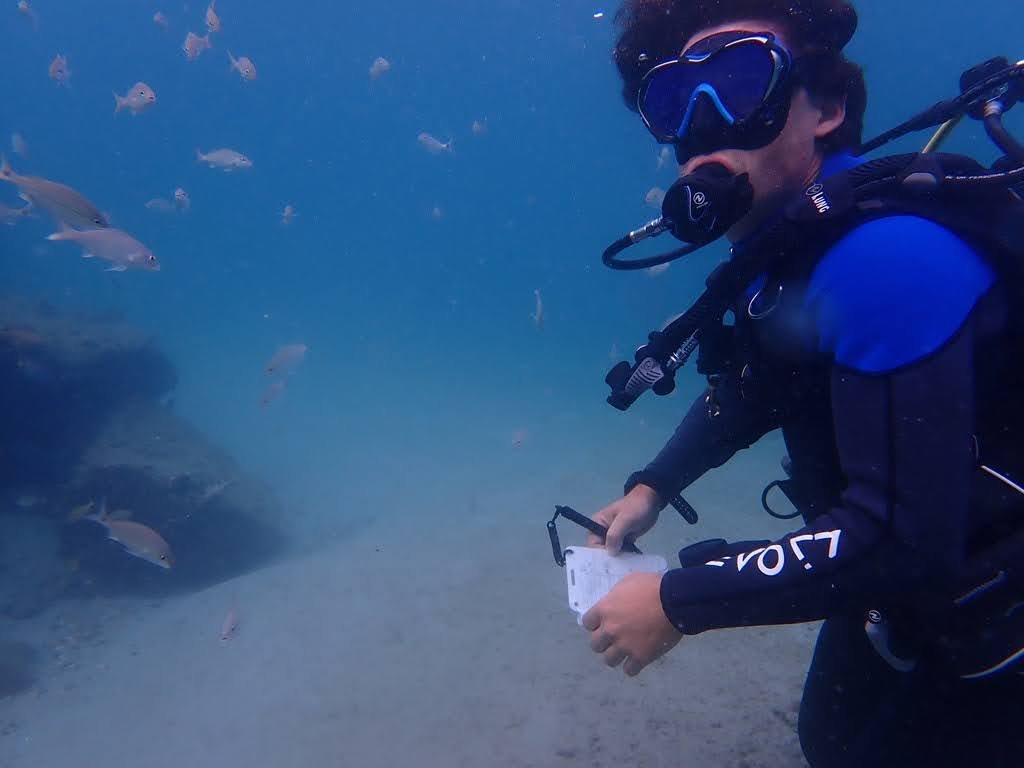
RESEARCH
An overview of our ongoing research projects focused on environmental change and public policy for fish, wildlife, coasts, and wilderness
Do you need help with conservation research?
Send us an email: kelly.dunning@uwyo.edu
We are leaders in design and methods for management relevant research on fish and wildlife. Much of our work is conducted hand-in-hand with fish and wildlife agencies to answer management relevant questions. Select projects we are working on include:
hunter motivations for pronghorn with Wyoming Game and Fish,
hunter preferences on management priorities for mule deer with Wyoming Game and Fish,
hunter preferences for waterfowl with Wyoming Game and Fish,
angler surveys for several regions with Wyoming Game and Fish,
hunter preferences for big game season setting with Wyoming Game and Fish,
scientific information sources for Game Commissions in the intermountain West,
voluntary adoption of sea turtle and dolphin friendly commercial fishing gear for Alabama Department of Conservation and Natural Resources Marine Resources Division,
voluntary adoption of sea turtle and dolphin friendly tackle and boating behavior for Alabama Department of Conservation and Natural Resources,
Chronic Wasting Disease (CWD) knowledge and willingness to submit samples for a half dozen state agencies and private sector partners (e.g. Weyerhaeuser),
indigenous-led forestry management and Congo rainforest mapping capacity for ministerial officials in the five countries of the Congo Basin (Democratic Republic of the Congo (DRC), Cameroon, Central African Republic, Gabon, and Congo Brazzaville).
Marine protected area planning studies for governmental decision-makers in Malaysia, Indonesia, and the Cayman Islands.
PROTECTING ECOSYSTEMS AND HUMAN COMMUNITIES
OCEANS & COASTS
The Wildlife and Wilderness Recreation Lab focuses on marine and coastal policy and decision-making, blending equal parts science and human dimensions. Here is an overview of our work:
Marine Sanctuary Conservation:
We are seasoned science communicators on how global environmental change is impacting oceans and coasts. Check out our public lecture, When the Lobsters March North given at the National Science Foundation National Center for Atmospheric Research (NSF-NCAR) in summer 2024.
We have an ongoing NOAA project partnered with NSF-NCAR incorporating large climate models to peer into the future needs of federal marine sanctuaries focused on the Florida Keys National Marine Sanctuary (Morris et al. 2024).
We have a forthcoming paper detailing the unprecedented 2023 marine heatwave in the Florida Keys National Marine Sanctuary and how scientists and managers are adapting to change (Henry and Wheeler forthcoming).
We’ve conducted some of the first studies in the Flower Garden Banks National Marine Sanctuary using complex climate model outputs to assess how managers are responding to environmental change and visitation increases (Dunning et al. forthcoming).
Multistakeholder Coral Reef and Mangrove Conservation:
We examined whether local stakeholders have differing views from global conservation NGOs on conservation priorities using Fiji as a case study (Drew et al. 2025).
Our 2023 book, The People’s Reefs looks at the many different ways that public participation in reef protection and management occurs.
We conducted one of the first analyses on how South Florida’s coral reef management policies are designed to protect coral reefs (Wally et al. 2024).
We’ve conducted some of the first analyses on the Port of Miami environmental dispute over damage to coral reef ecosystems (Bailey et al. 2022).
We’ve conducted some of the first studies of an environmental dispute over port expansion in the Cayman Islands and damages to coral reefs (Bailey et al. 2023; Dunning 2021).
Our 2018 book Managing Coral Reefs looks at ways the low-resourced, developing countries can manage their reefs sustainably. Funded by a U.S. Fulbright Award, this book uses case studies from Indonesia and Malaysia.
We’ve conducted studies on how Southeast Asian communities that used to use dynamite fishing methods have transitioned to tourism economies (Dunning 2014).
International Marine Conservation Treaty Implementation
The Convention on Biological Diversity sets robust targets for coral reef conservation. We’ve examined the implementation of this treaty in Southeast Asia (Dunning 2022).
We examine local level responses to global environmental change, focusing on low resourced, developing country contexts, using village-level Indonesian case studies as examples (Dunning 2021)
Our 2018 book Managing Coral Reefs looks at ways the low-resourced, developing countries can manage their reefs sustainably. Funded by a U.S. Fulbright Award, this book uses case studies from Indonesia and Malaysia.
American Ocean Policy Implementation & Political Change
Thanks to National Academies of Science, Engineering and Medicine (NASEM) funding, we conducted the first study on how national ocean policy changes between presidential administrations in the United States (Johnson et al. 2024).
We examined the Biden-Harris Bipartisan Infrastructure Law and Inflation Reduction Act and the $562 million funding allocation to bolster the ability of coastal communities to withstand climate change impacts focusing on Florida panhandle communities (Johnson et al. 2022).
We examined all Congressional lawmaker statements to look for areas of lawmaker agreement on coral reef conservation policies (Alva et al. 2024)
Oyster Community of Practice
Thanks to Sea Grant funding, we created the very first Oyster Community of Practice for the Gulf of Mexico oyster fisheries, of which 98% have been lost due to climate change and pollution (Sower et al. 2025).
Fisheries Policy and Marine Wildlife Conservation Policy
We conducted the first study on Red Snapper (Lutjanus campechanus) management changes in the Gulf of Mexico where management authority shifted from the federal to the state level (Moorman et al. 2024).
We conducted a study on the actions that Gulf of Mexico anglers were willing to take to protect listed sea turtle species (Chelonia mydas, Caretta caretta, and Lepidochelys kempii) protected under the Endangered Species Act (Henry et al. 2024).
We conducted one of the first studies on ecotour compliance under the Marine Mammal Protection Act (MMPA) for Bottlenose Dolphin (Tursiops truncatus) (Henry et al. forthcoming)
We applying agent based models to determine tourist knowledge levels when it comes to protecting dolphins (Tursiops truncatus) and sea turtles (Chelonia mydas, Caretta caretta, and Lepidochelys kempii) (Henry et al. forthcoming).
We conducted the first study of voluntary conservation actions to protect sea turtles, dolphins, and birds to comply with the Marine Mammals Protection Act and the Endangered Species Act amongst charter boat recreational fishermen in the Northern Gulf of Mexico (Olivas et al. forthcoming)
We conducted in depth interviews with commercial shrimpers for voluntary conservation activities to protect dolphins (Tursiops truncatus) and sea turtles (Chelonia mydas, Caretta caretta, and Lepidochelys kempii)to comply with the Marine Mammals Protection Act and the Endangered Species Act (Olivas et al. forthcoming).
Hurricane Recovery
We conducted one of the first studies on how recreational tourism economies focused on fishing and birdwatching recover after a hurricane, and used local ecological knowledge of fishing guides to direct recovery conservation funds on public lands and waterways (Dunning 2021).
We conducted a comprehensive overview of how federal, state, and local policy works to enable recovery after a major hurricane (Dunning 2021).
We authored a book chapter on the ways that global decision-makers recover from coastal hazards like major storms and flooding events (Johnson et al. 2022).
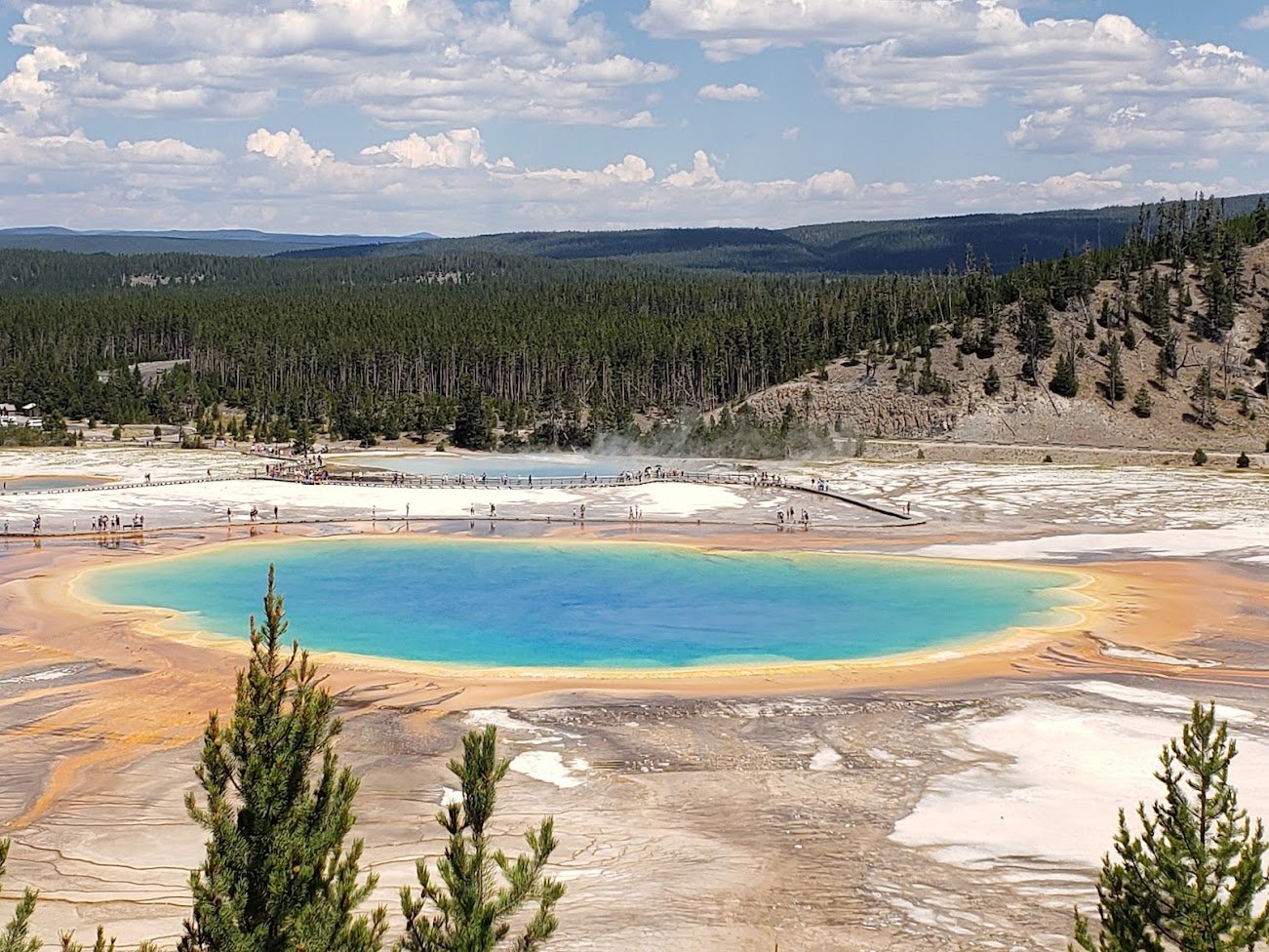
CONSERVATION IN THE MOUNTAIN WEST
The Wildlife and Wilderness Recreation Lab focuses on conservation issues to help communities of the Inter-mountain West. Here is an overview of our work:
Public Lands:
Partnering with the National Park Service (NPS) and thanks to funding from them, we are working in Capitol Reef National Park to study visitor crowding impacts on ecosystems and visitor experience (Manire and Wheeler forthcoming).
We conducted the first study that looked at how the Land and Water Conservation Fund contained in the Great American Outdoors Act passed during a politically contentious period during the first Trump Administration. This paper examines what unifies legislative and regulatory agency decision-makers, regardless of political party, on advocating for public lands (Dunning 2021).
We wrote one of the first policy analysis papers on how dark sky parks are being created on American Public Lands, specifically we found that U.S. public lands are a major driver for dark sky conservation (Alva et al 2025).
Endangered Species Act:
We conducted one of the first studies looking at the political actors involved in grizzly bear management and the decision whether to delist grizzlies from the Endangered Species Act. We found that increasingly, politicians, rather than trained agency scientists are the main voices shaping discussion on grizzly delisting. This research was part of a special issue authored by the conservation leaders involved with the 50 Voices for Endangered Species group edited by Drs. Thomas D. Sisk and Barry R. Noon. (Mollett et al. 2025).
We are conducting one of the first studies on grey wolf delisting from the ESA to determine which political actors are dominating the discussion (Wheeler et al. forthcoming).
We are conducting one of the first in depth interview projects on Colorado wolf reintroduction, determining its impact on stakeholders and ecosystems of the West (Scearce et al. forthcoming)
State Fish & Wildlife Agency Collaboration
We are working closely with Wyoming Game and Fish to study attendance at public meetings and how to increase public participation for good governance of big game (Mollett et al. forthcoming).
We have reviewed the use of science in decision-making for all 50 state fish & wildlife agencies and how impacts public policy (Wheeler et al. forthcoming).
We are conducting in depth interviews with Game Commissioners in multiple states to determine major challenges in science-policy decision-making (Mollett et al. forthcoming).
We are conducting one of the first hunter motivations study for pronghorn hunters in the United States (Scearce and Wheeler et al. forthcoming).
We provide ongoing support to state agencies on hunter and angler surveys (e.g. Cody and Casper Regional Anglers’ Surveys).
Conservation and International Development
The Wildlife and Wilderness Recreation Lab focuses on conservation issues to help low resourced communities in the developing world better manage their ecosystems, fish, and wildlife for human well-being. Here is an overview of our work:
Subsaharan African Conservation:
We conducted one of the first studies on the way that the country of Eswatini manages its wildlife, one of the best placed in the world to see a rhinoceros in the wild (Moorman et al. 2024).
We examined how indigenous cultures are ensuring that wildlife conservation works in the last remaining absolute monarchy in Subsaharan Africa (Dunning 2025).
Dunning conducted comprehensive overviews of indigenous led forestry in the 5 countries of the Congo Basin (Democratic Republic of Congo (DRC), Gabon, Cameroon, Congo Brazzaville, and the Central African Republic (CAR) funded by the United Kingdom Department for International Development (DfID) in 2016. These involved extensive fieldwork and consultation with indigenous tribes and decision-maker leaders.
Southeast Asian Conservation
Our 2018 book Managing Coral Reefs looks at ways the low-resourced, developing countries can manage their reefs sustainably. Funded by a U.S. Fulbright Award, this book uses case studies from Indonesia and Malaysia. A Department of State Critical Language Scholarship enabled the completion of most of the data collection in Bahasa Indonesia.
We’ve conducted studies on how Southeast Asian communities that used to use dynamite fishing methods have transitioned to tourism economies (Dunning 2014).
The Convention on Biological Diversity sets robust targets for coral reef conservation. We’ve examined the implementation of this treaty in Southeast Asia (Dunning 2022).
We examine local level responses to global environmental change, focusing on low resourced, developing country contexts, using village-level Indonesian case studies as examples (Dunning 2021)
